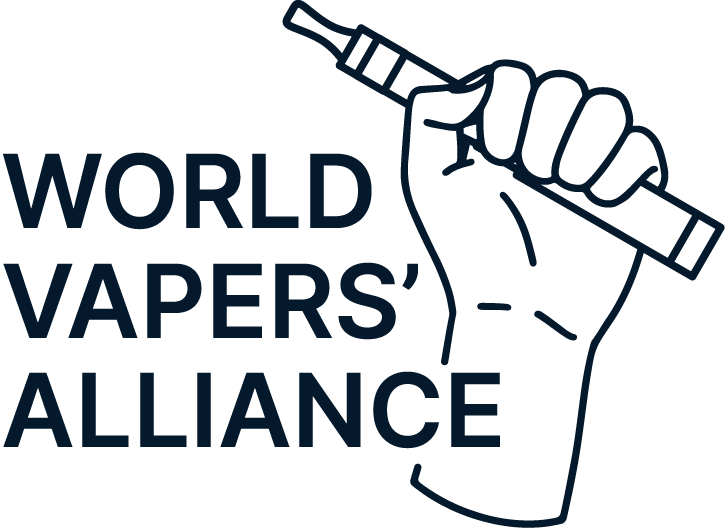Ljubljana, Slovenië – 12 maart – De parlementaire commissie voor gezondheid in Slovenië heeft goedgekeurde voorgestelde amendementen met betrekking tot tabaksproducten. De amendementen, die door de parlementsleden zijn goedgekeurd, richten zich voornamelijk op vapen en leiden tot een verbod op alle smaken behalve tabak, inclusief mentholsmaak.
“Tijdens de commissievergadering, bepaalde uitspraken De beweringen van experts werden als alarmerend en in aanzienlijke mate misleidend beschouwd. Zo werd bijvoorbeeld beweerd dat er geen verschil is in schadelijkheid tussen traditioneel roken en vapen. In tegenstelling tot deze bewering wijst wetenschappelijk bewijs erop dat vapen aanzienlijk minder schadelijk is dan roken. Sterker nog, volgens Volksgezondheid Engeland, Vapen is 95% minder schadelijk.
De cruciale rol die smaken spelen bij het stoppen met roken kan niet genoeg benadrukt worden. Onderzoek wijst uit dat volwassenen die e-sigaretten met smaakjes gebruiken om te stoppen met roken, 230% meer kans om te stoppen "Met succes. Helaas verstoort het feit dat de Sloveense overheid dit wetenschappelijke bewijs niet erkent de mogelijkheden om te stoppen met roken in het land, waardoor de volksgezondheid in het algemeen in gevaar komt", aldus Liza Katsiashvili, operationeel directeur van de World Vapers' Alliance.
Ook de consumentenorganisatie in Slovenië heeft kritiek geuit op de amendementen.
“De nieuwe wetgeving wordt als schadelijk, onethisch, immoreel en discriminerend beschouwd. Het enige gevolg ervan is de beperking van de toegang tot e-sigaretten voor degenen die het het hardst nodig hebben: ex-rokers en mensen die proberen te stoppen. Ondertussen blijven de rookcijfers in Slovenië op een schrikbarend hoog niveau.” 20%.
"Als de overheid jongeren wil ontmoedigen om te vapen, zal een verbod voor volwassenen, waarmee onbedoeld de groei van de zwarte markt wordt aangemoedigd, geen gunstige resultaten opleveren", aldus Slaven Kalebic, voorzitter van de Sloveense Vapersvereniging.
Wij van de World Vapers' Alliance roepen de beleidsmakers in Slovenië op om de voorgestelde beperkingen op e-sigaretten te herzien, de potentiële voordelen voor de volksgezondheid die e-sigaretten kunnen bieden te erkennen en een progressieve aanpak voor schadebeperking te hanteren voor volwassen rokers die worstelen met stoppen en risico lopen op aan roken gerelateerde ziekten.







